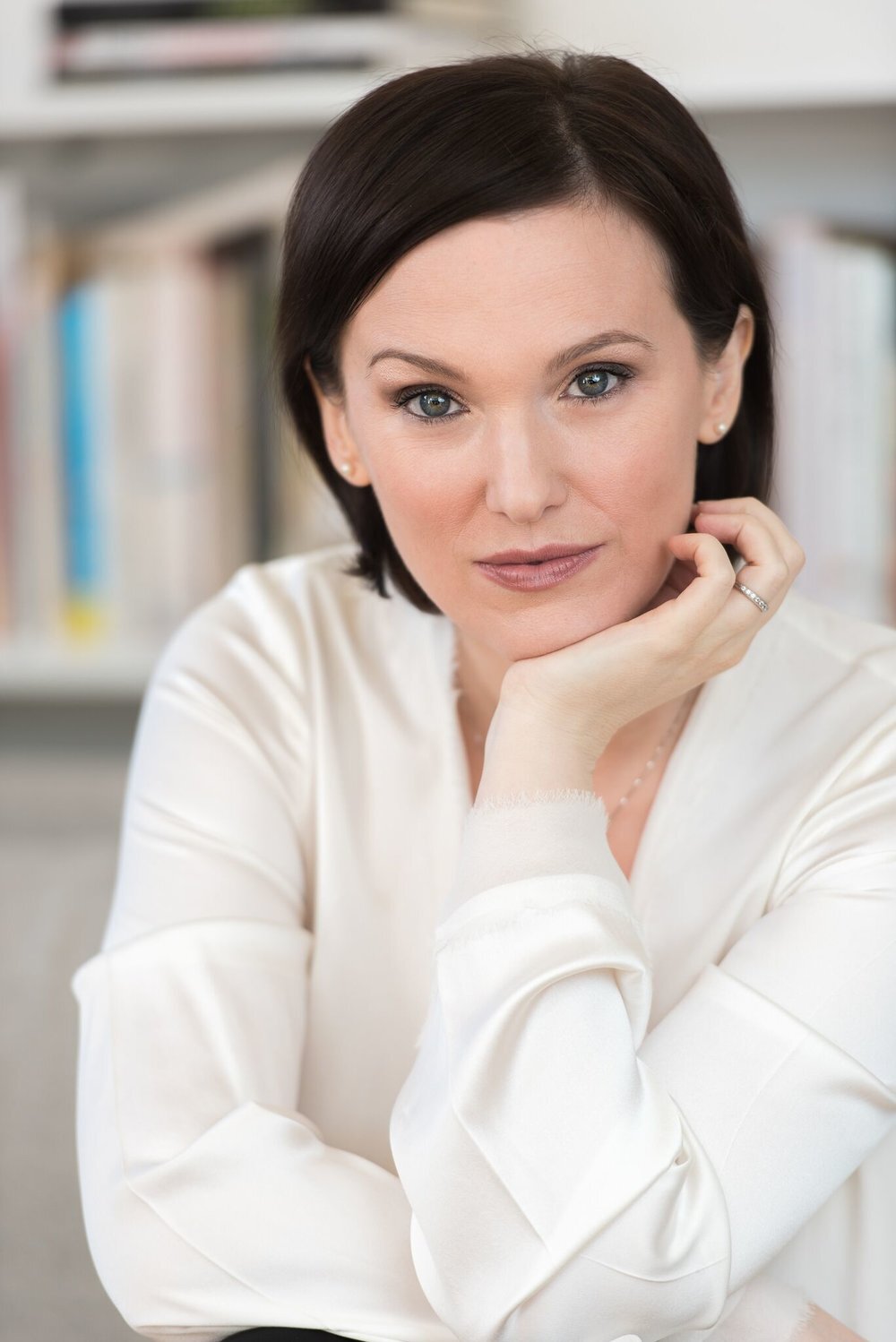Brilliant Books Club: The XX Brain
The XX Brain: The Groundbreaking Science Empowering Women to Prevent Dementia
By Dr Lisa Mosconi (Allen & Unwin)
Women are far more likely than men to suffer from anxiety, depression, migraines, brain injuries, strokes and Alzheimer's disease. Yet for years, medicine has presented men and women as the exact same with different reproductive organs. In NYT bestseller, The XX Brain, Dr Mosconi reveals how women’s brains age differently to men - and how this is shaping their futures.
If you’re stuck in a lift with a cynic, what would you say to encourage them to read your book?
Did you know that women’s brains are actually different from men’s brains? Not better or worse, just different. Most importantly, women’s brains age differently than men’s brains, and supporting this process is really key for our brain health and cognitive function.
What are three lessons you want readers to take away?
Women’s brains are different from men’s brains. Understanding how brain health plays out differently in women vs. men is key to really optimizing cognitive health and preventing a number of medical conditions from anxiety and depression all the way to dementia
Although genes certainly play a role in the way our brain ages, our lifestyle and medical report card play a potentially bigger role – which is great news as both are in our control.
Women’s brain health is still one of the most under-researched, under-diagnosed and under-treated fields of medicine. As a woman, you need to advocate for your own health and well-being. The more women demand accurate, evidence-based information about their brain health, the sooner we (doctors and scientists) will be able to come up with a solution that actually works!
What inspired you to write the book? Was there a particular event/thought which set you in motion?
I have a family history of Alzheimer’s, which affects the women in my family. My grandmother was one of 4 siblings, 3 sisters and 1 brother. All three sisters developed dementia and died of it, whereas the brother was spared. Witnessing my grandmother spiral into dementia really propelled me to devote my entire career to understanding what causes Alzheimer’s and what leads away from it – which then led me to studying women’s brain health above and beyond dementia. THE XX BRAIN is pretty much the summary of 15+ years of research in this field.
What’s been the biggest adversity you’ve faced - and what did you learn from the experience?
When my daughter was born, my husband was still living in Boston (he was a professor at MIT) and we don’t have family in NYC, so I basically spent the first 2 years of my daughter’s life as a single mom while working full-time at the university and writing my first book in my third language, with hardly any help. That was very draining, but I am also very aware of how privileged I am to have a healthy, happy child, and it was only 2 years after all. What I learned from the experience is that I have a pretty strong mind and that I am much more resilient than I thought. I am proud of myself for remaining loving and efficient throughout those challenging years.
What piece of advice/wisdom from your book don’t you follow enough?
I don’t exercise nearly as much as I used to before I had my little girl. At the same time, I get so much love now, I wouldn’t trade it for the world. But now that she’s a bit older, I am looking into ways to be more physically active together, like jumping on the trampoline and going for bike rides. So far, I’ve only managed to do yoga almost daily, which is a great start.
What’s the most moving - or strangest - reaction you’ve had from a reader?
Moving reactions, for sure. I get so many emails daily, from women who’ve read my book or heard me on the radio, TV, podcasts, sharing their stories and health concerns.
Which book (by another author) has you changed your life - and why?
This is going to sound really strange but the only books I get to read are textbooks and children’s books… I’d say ‘Principles of Neuroscience’, by Eric Kandel, changed my life in that it really got me super interested in neuroscience, at a fairly young age. It’s no novel, mind you...
And, most importantly, what snack keeps you going whilst writing?
Lots of water, and dark chocolate.







